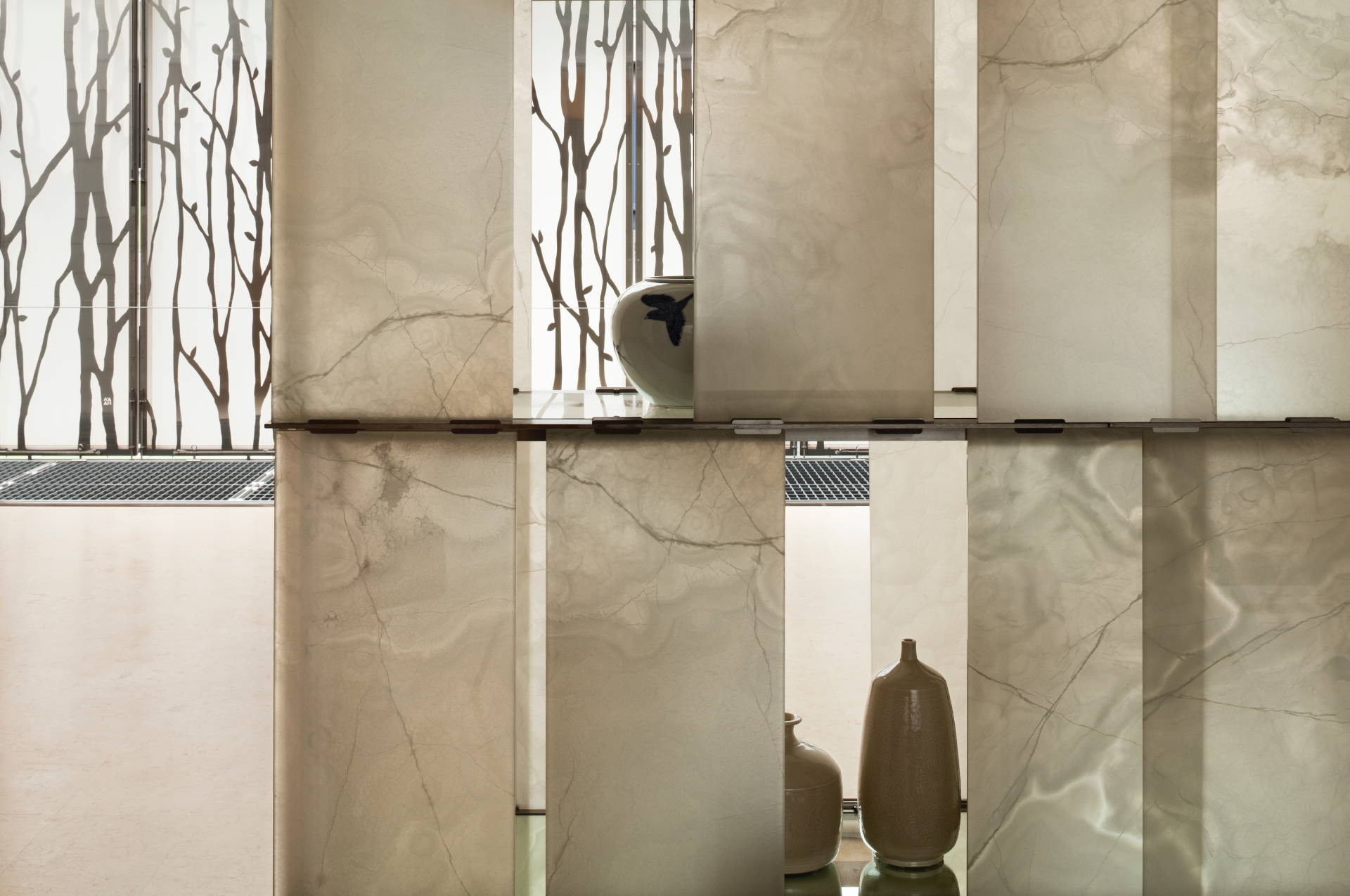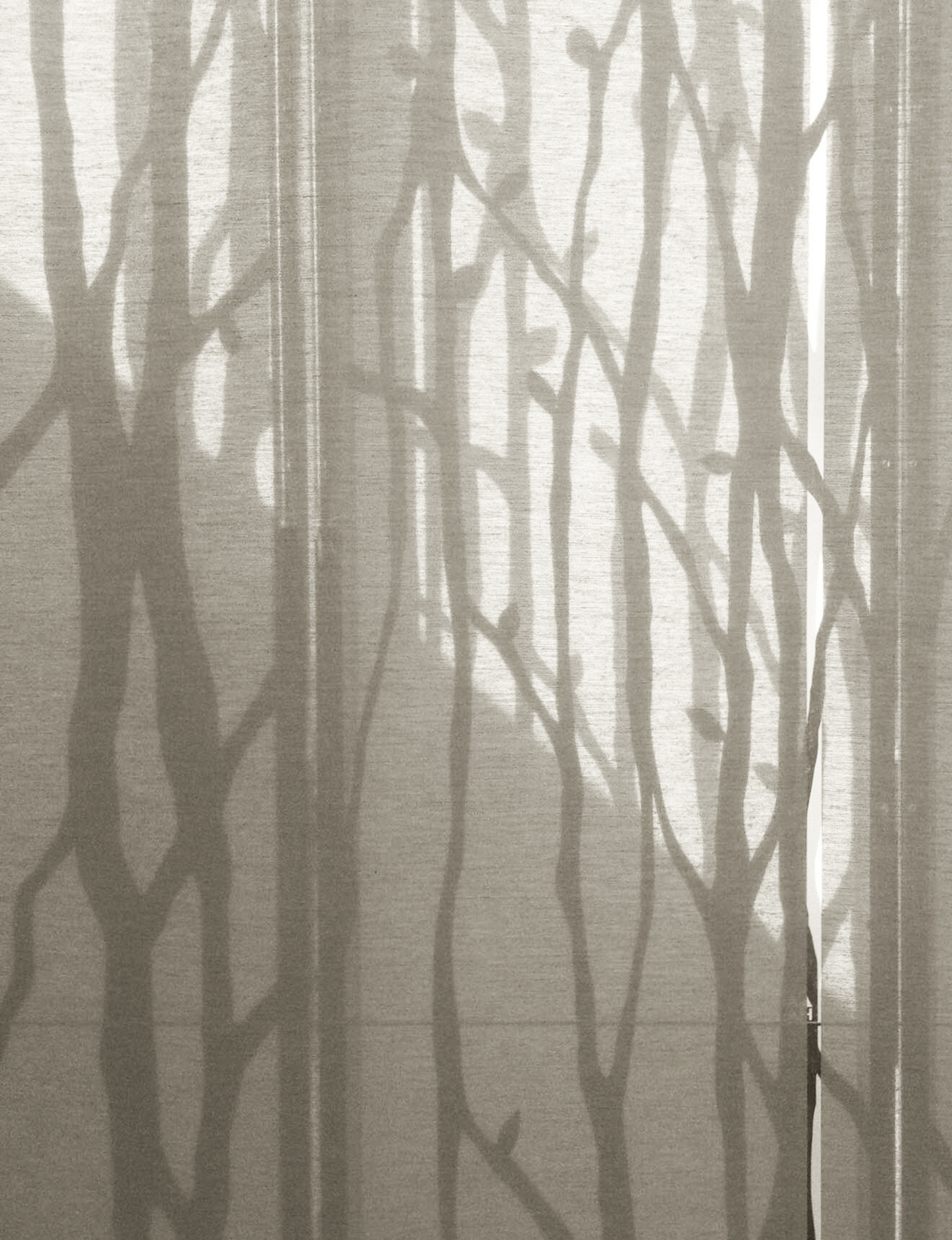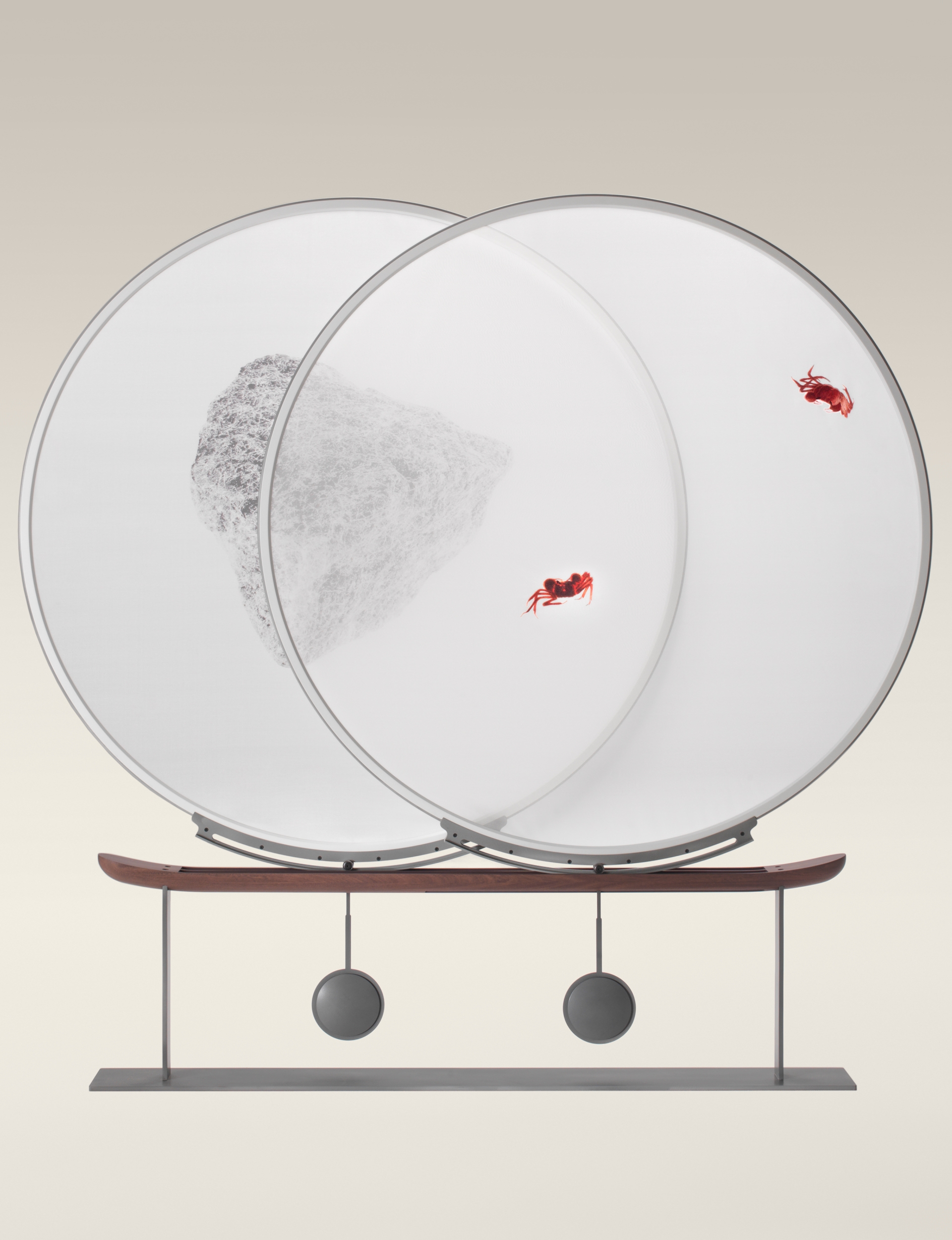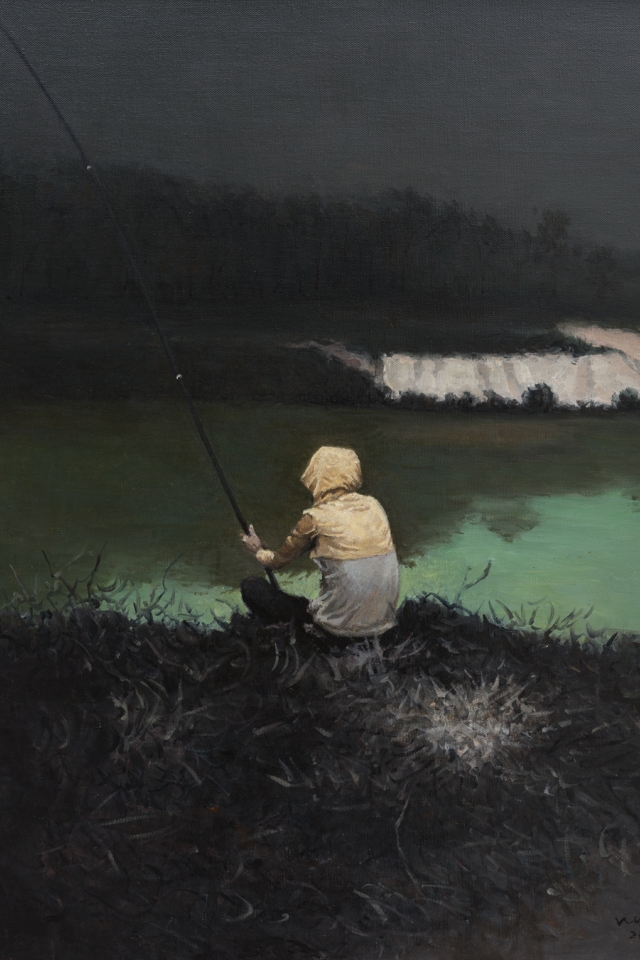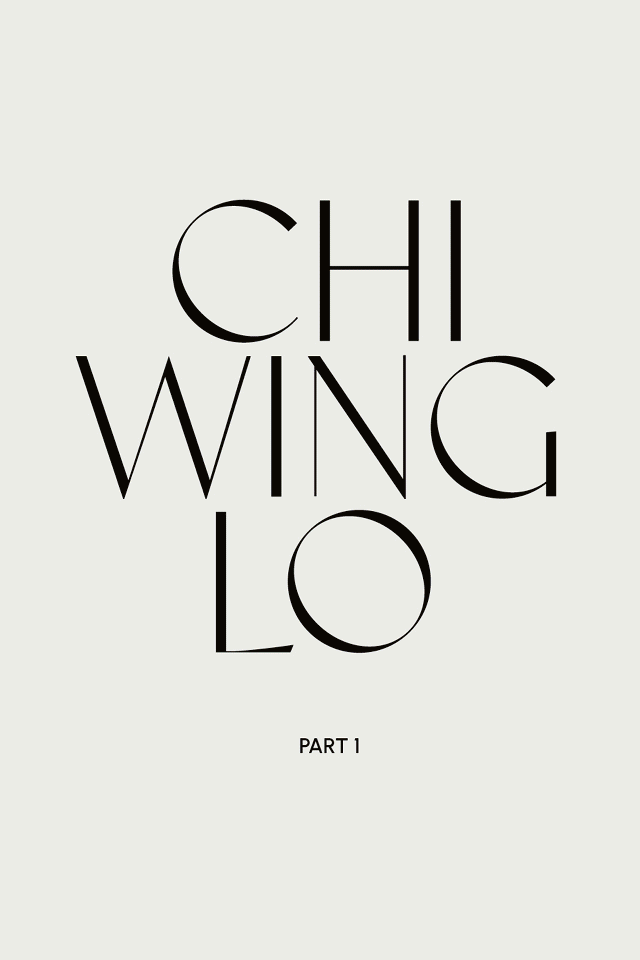It’s little wonder that the owners of The Regent Hotel (re-branded from The Intercontinental Hotel Hong Kong) re-opening in 2022, are counting on him to helm the entire architecture and interior design of its much anticipated transformation. Chi Wing’s designs are epitomized by superb craftsmanship and ingenuity, while always embodying his signature timeless aesthetic, much like the man himself.
Tune in to our podcast, The Art of the Conversation, to hear our exclusive conversation with Chi Wing.
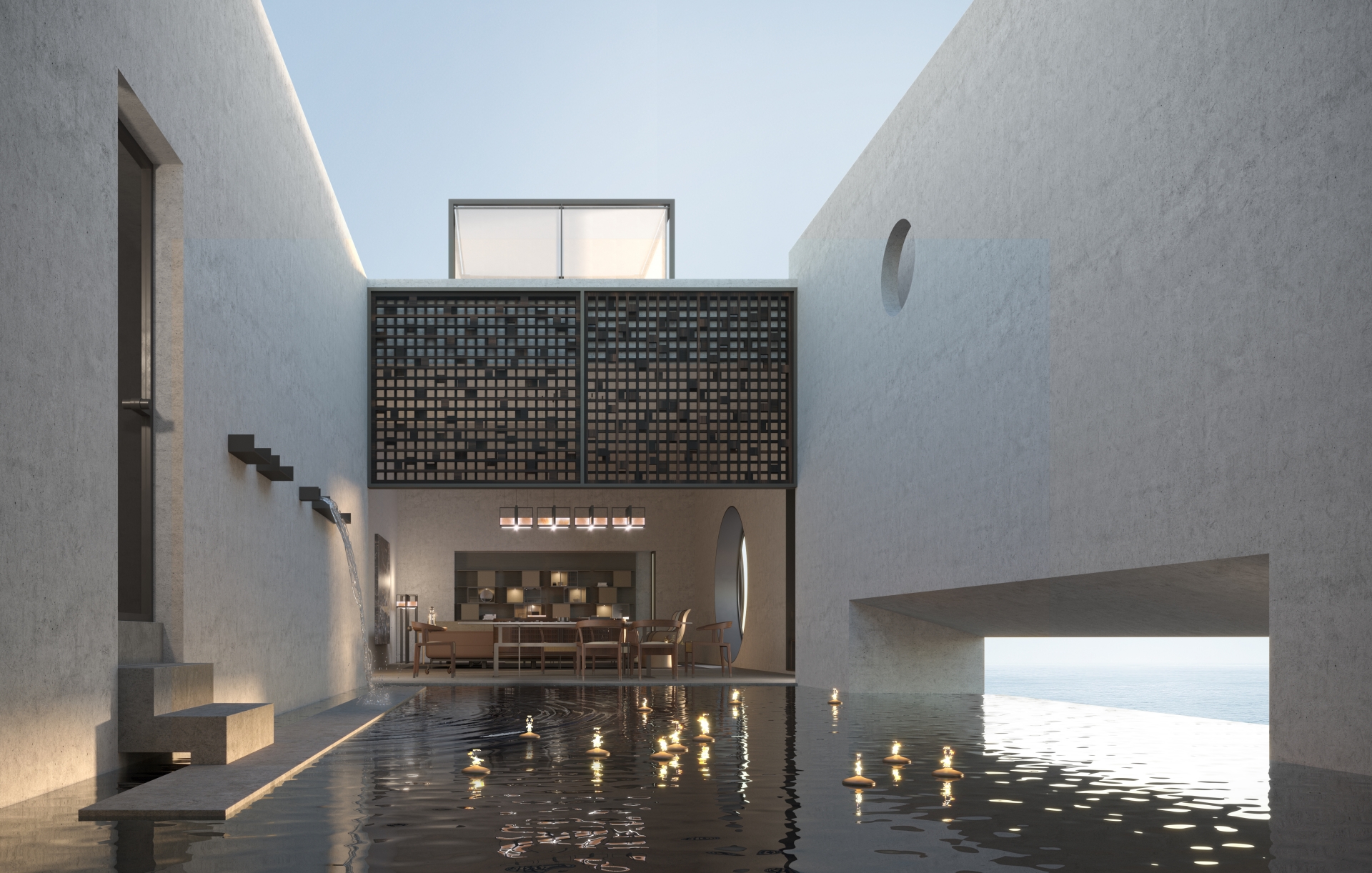

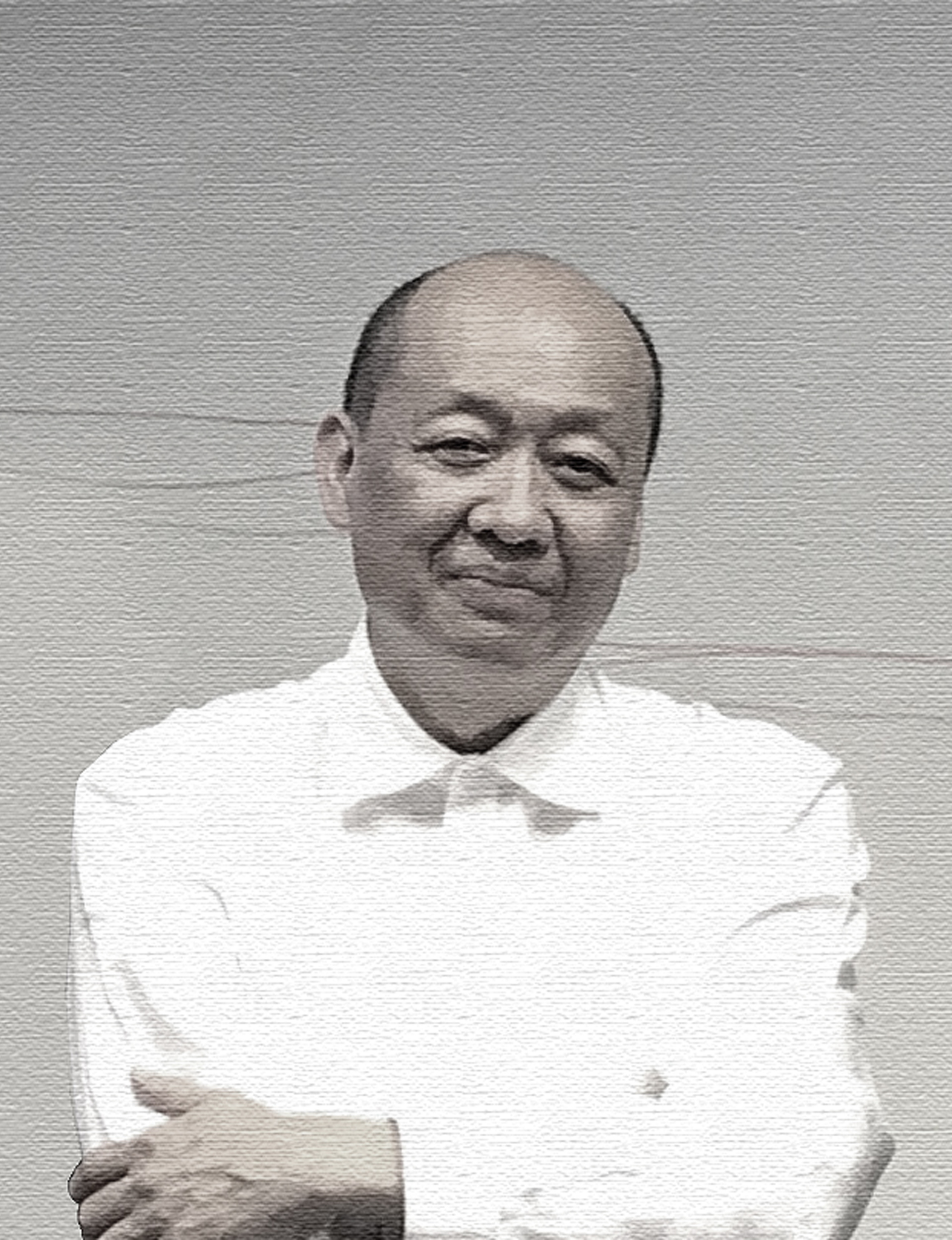
Born and raised in Hong Kong, Chi Wing received his Masters Degree in Architecture from Harvard University, winning the best thesis prize in 1988. He has taught at the Syracuse University, NY, and was a member of the Akademie Schloß Solitude in Stuttgart. Having served as a visiting critic in different universities worldwide and a frequent speaker in design events, he has a multidisciplinary practice – Dimensione Chi Wing Lo – integrating art, architecture, interior, furniture and object designs for exclusive projects in Milan, Athens, London, Istanbul, Dubai, Taipei, Shanghai, Beijing, Shenzhen and Hong Kong. In our heart to heart conversation, he shares with us his wisdom, spanning the realms of love, the essence of time, the meaning of education and the pursuit of timelessness.
Emily Leung (EL): Do you think you could share some more with us, some defining moments in your life, that have led you to pivot or turned you into who you are today?
Chi Wing Lo (CWL): I think every one of us has a special path because of the direction we move ourself forward in thought and in action (there are many forces that act on it) - some are internal from your will and some are external that you can control. And then there’s the element of luck, that interplay and intertwine to ride with you to your destination. Some people think, what I have is given, and I cannot change it. Well, that’s not exactly true. I think the most important thing is that you’re able to take control of what you want to do and what direction you want to take. Because that direction you want to take is dear to you - you want to get there because it makes you happy. And in that sense I don’t think my journey is any more special than anyone else’s. Maybe the forces that add on me, outside my control are different from yours. There have been things that happened to me that aren’t very favourable, particularly given my childhood – I come from a modest family with very little means in a very competitive Hong Kong – there’s a standard, path, ladder you must climb in order to be successful. Let’s say those are excluded from me, what are you going to do? Cry about it? So you deal with it. It’s like saying, there’s no apple, how about an orange? You have to identify that orange that maybe tastes better for you. You move on with a kind of conviction despite the opposite forces coming your way. There are others that get carried away, and be like, forget it. They think, my will is so fragile, I cannot take it….they think life is shaped by external forces. Then there’s the element of luck - some people are luckier than others in our understanding. But the strange thing in Chinese philosophy is that today you are lucky, tomorrow you may need to pay for your luck. So even luck is a definition that changes through time and meaning. So to answer your question, you helped me to open up and understand what life could be. You continue to let the forces act on you and you react to it. You make decisions to it and you find happiness in that place. I think it’s not just me, I think all of you are like that.
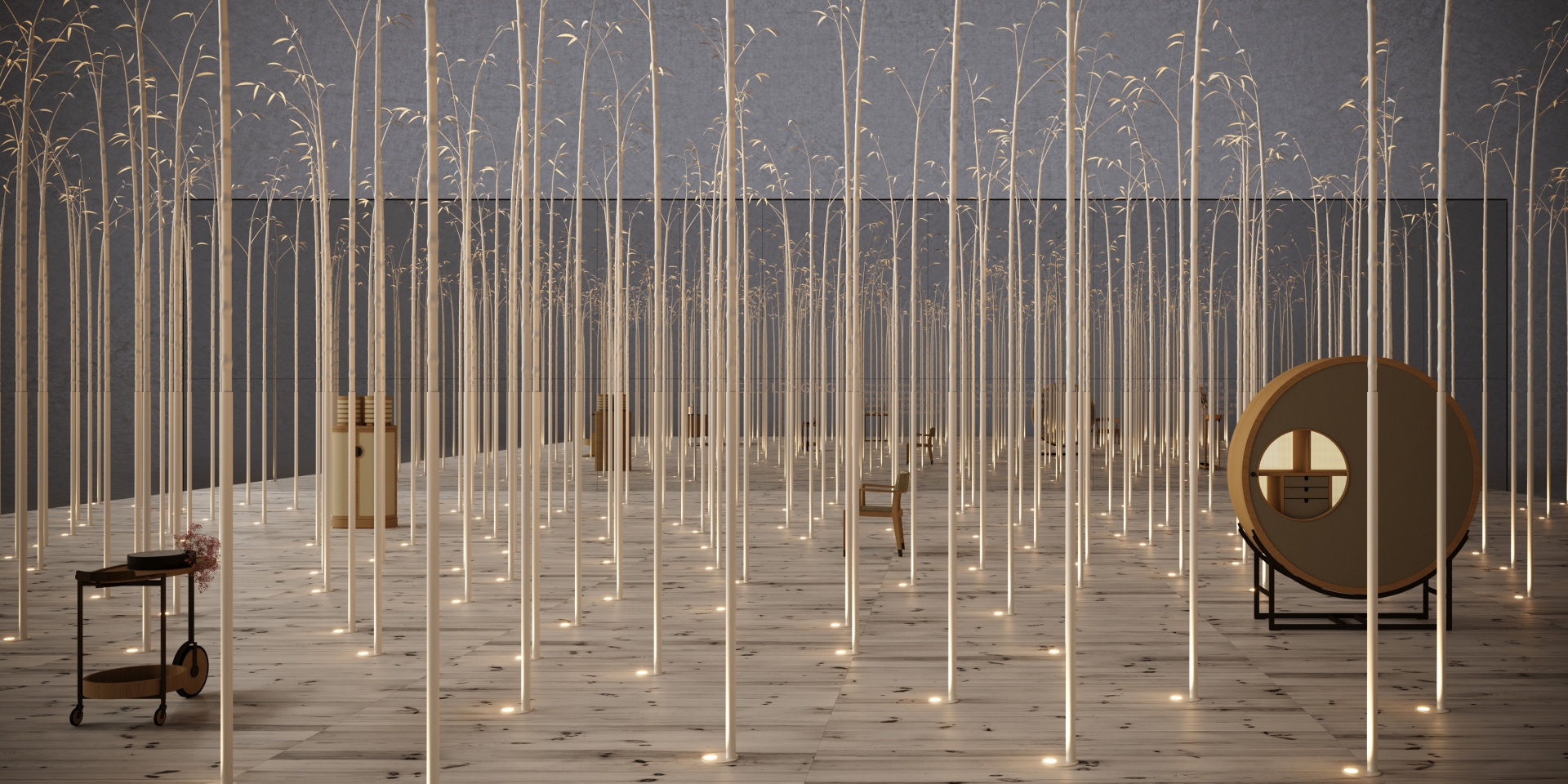
EL: I do think you are an exception, in the way that you’ve never let societal norms dictate your path. You’ve put it very eloquently, but can we zone in on a few more specific examples? You didn’t grow up with much, you never performed well in school before university. You enjoyed drawing but you weren’t interested in academics in the general sense, and didn’t yet find your path in school. For such a student in Asian society now, they would suffer each step of the way, for not making the cut in primary school to get into a good high school, and then again not making the cut in high school to university. You’ve experienced this but you’ve never let this stop you from achieving your dreams. That’s what is so fascinating for so many of us. And you started working early!
CWL: I actually started working before kindergarten, when I was 5-6 years old. Nowadays, you’d be in prison for exploiting child labour for that (chuckles). We (my sister and I) were making binders – the metal ring part of it. We did it to help the family. And I still remember during lunchtimes (all the workers and owners all sat together), my sister would remind me, “don’t take the piece of food that you like, always take the piece closest to you.” I learnt my table manners very quickly. But it was also a bit intimidating as a tiny little boy. It’s a thunderstorm out there but you just go out and let it add on you. That’s fine. Just like when you go out to sea, you see some rough rocks and some very smooth. I don’t know if a sharp jagged rock is nice or a soft, nicely rounded one? I think there are two parts and two different characters in life (not saying one is better than the other) – some people are very angular; in their in physical sense, their manner, thoughts And some are they don’t exist. Everything just adds on to them and they just smile, they don’t sort of bounce back. My work – I think she’s like a rounded rock. She’s more silent, not reactive, she doesn’t pick fights nor ask for attention.
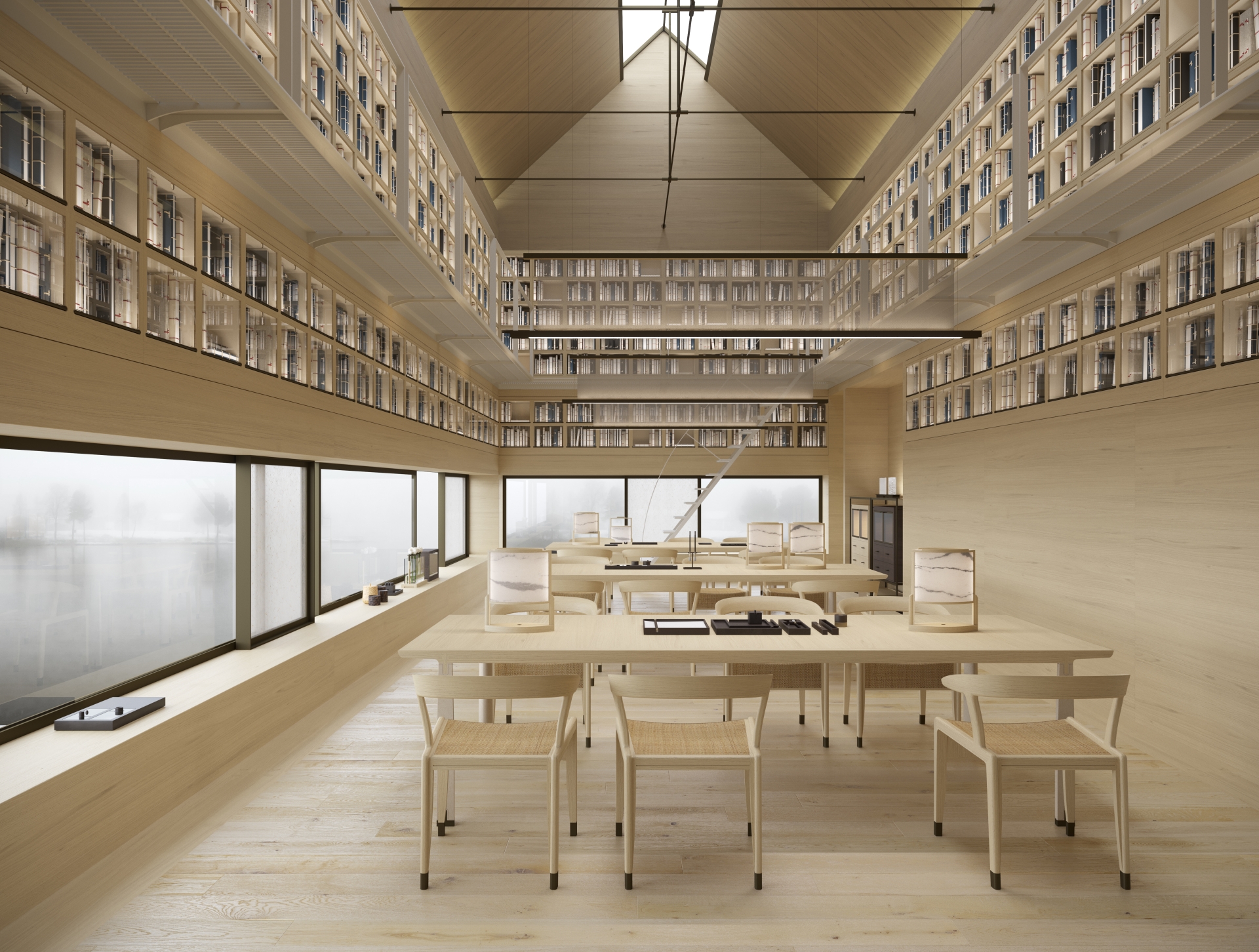
EL: Would it be fair to say that when you were younger you didn’t have a plan of how you wanted your life to turn out? Did you imagine yourself becoming an architect, an artist and a multidisciplinary designer? During many of our conversations, I recall you mention you’d reach a certain juncture in your life, and then and until then, you’d make the next decision?
CWL: I would not say that I made a decision. I didn’t think that I must do this and I must do that. To go to high school after primary school, no it wasn’t my decision. Studying was not very interesting to me. You know when you are little, you only want to do the things you feel good about - the things you’re good at. I was very good at playing marbles. So I played with other children, and after a couple of years, I had a whole sack of them. It’s combined luck and skill, and when you aren’t playing, you practice it. It’s like an ambitious mind. When you feel tiny in front of others, you want to have a thing that you are good at. I think that’s childhood, especially for boys. And when it comes to the major things that changed my life, it’s still not something I insisted on.
When I finished primary school, my results weren’t good so no high school took me. And my mom, she didn’t know what that meant. At the time, I thought, that’s okay, I’ll just go to work then. And I ran into one of my teachers, who told me to take this letter and go to see one of the new schools to see if they’d take me. They did, and that’s how I managed to commence secondary school. If I was there just two seconds later, I might not have bumped into that teacher….
In secondary school, I didn’t do well either (laughs). I played basketball, I swam, and found those far more interesting. I finished Form 5, and then there were two more years of matriculation which felt very far for me – they felt up there! In my exams, I got some E’s and a couple of F’s…. and if you put that in the context for today, oh my gosh, I’d be in the lowest stratum of society.

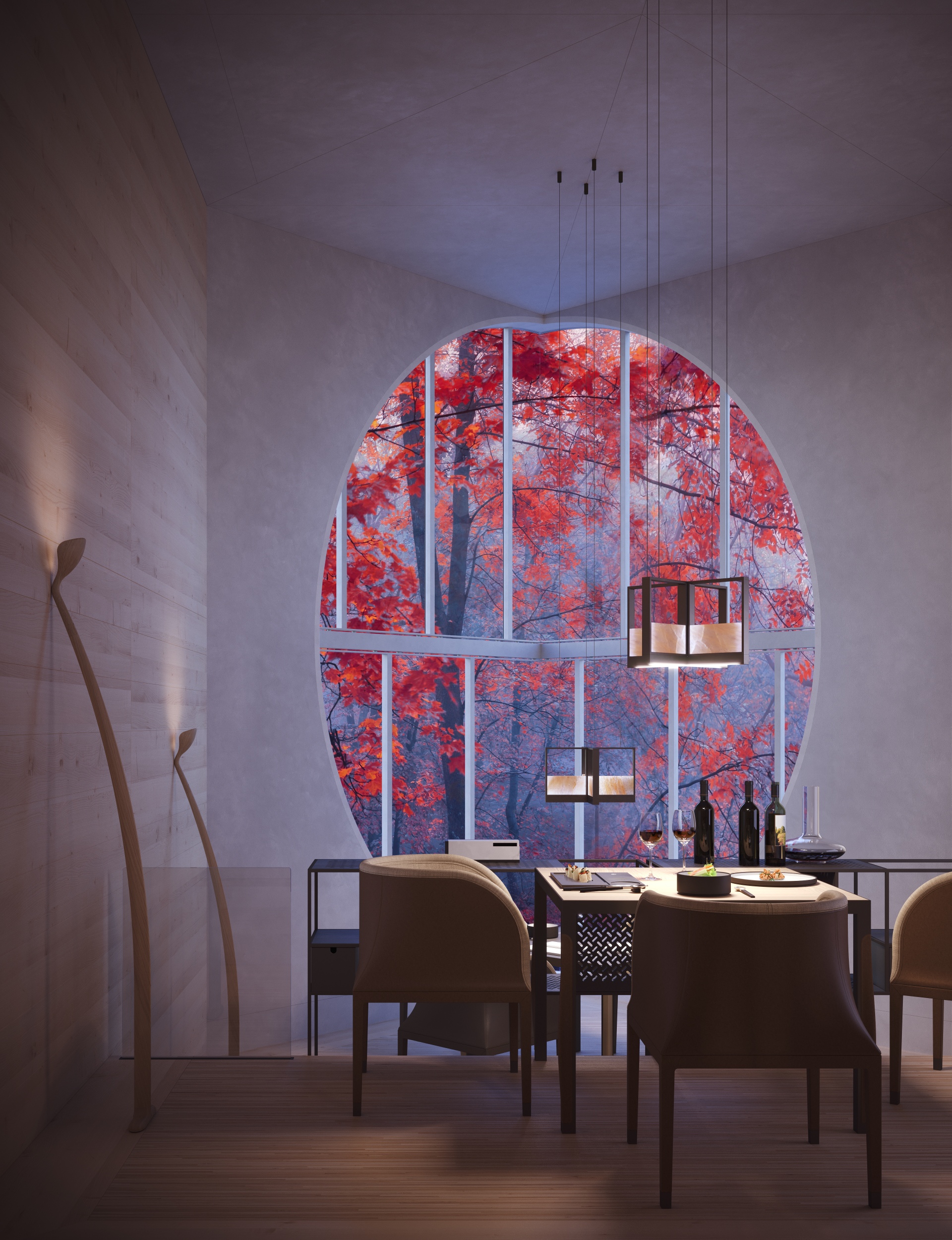

EL: I think more people need to hear your story because it shows us there’s not only one way to arrive at a destination – life can take many different courses. So after you did your secondary schooling, you worked at a construction site, then you studied at night school to become a draftsman. Then after awhile, you had the conviction to get your university degree in Canada. May I ask, how did that conviction propel itself?
CWL: I think at some point in your life, you realize or experience something that you really believe in and your mind can understand what it means. You become very absolute – whether that is something so dear to you, like love. The love of someone will help you to move forward – those are the moments that transcend yourself; the wanting of something. Sometimes to love is also a form of sacrifice and you sacrifice because that is what love requires. And when you’re in a relationship, it’s a kind of respect to the other side. I met someone who made me very happy so I had to make her happy too. And I thought at the time it was the best thing for me to do – that in order to have her, I had to leave her. Of course I didn’t know, and if I knew, perhaps I wouldn’t have gone. Let’s say I met someone who isn’t about refinement or education. Let’s say I fell in love with a woman who’s a gangster – she’s very good at stealing from banks. (For her) I’d probably learn to do the same.
EL: So in many ways, it’s all about love. Is this what drives your pursuits? Is love the main thing that drives you?
CWL: I guess without it, I don’t know why we do what we’re doing. Whether it’s design or other professions or other things. Look at someone cleaning the street for example, how come she cleans so much better than another? It’s because people enjoy the work they do to make it more tidy, more beautiful, more pure, and it’s dear to them to do that. It becomes their passion. Without it (passion), every day will feel like a Monday, when the goal is to make every day feel like a Saturday. Which I think I have achieved. So my calendar is Saturday, Saturday, Saturday every day. You start mingling life and work as one…you don’t know when life ends and work begins as they are all the same. That’s the best moment in life.
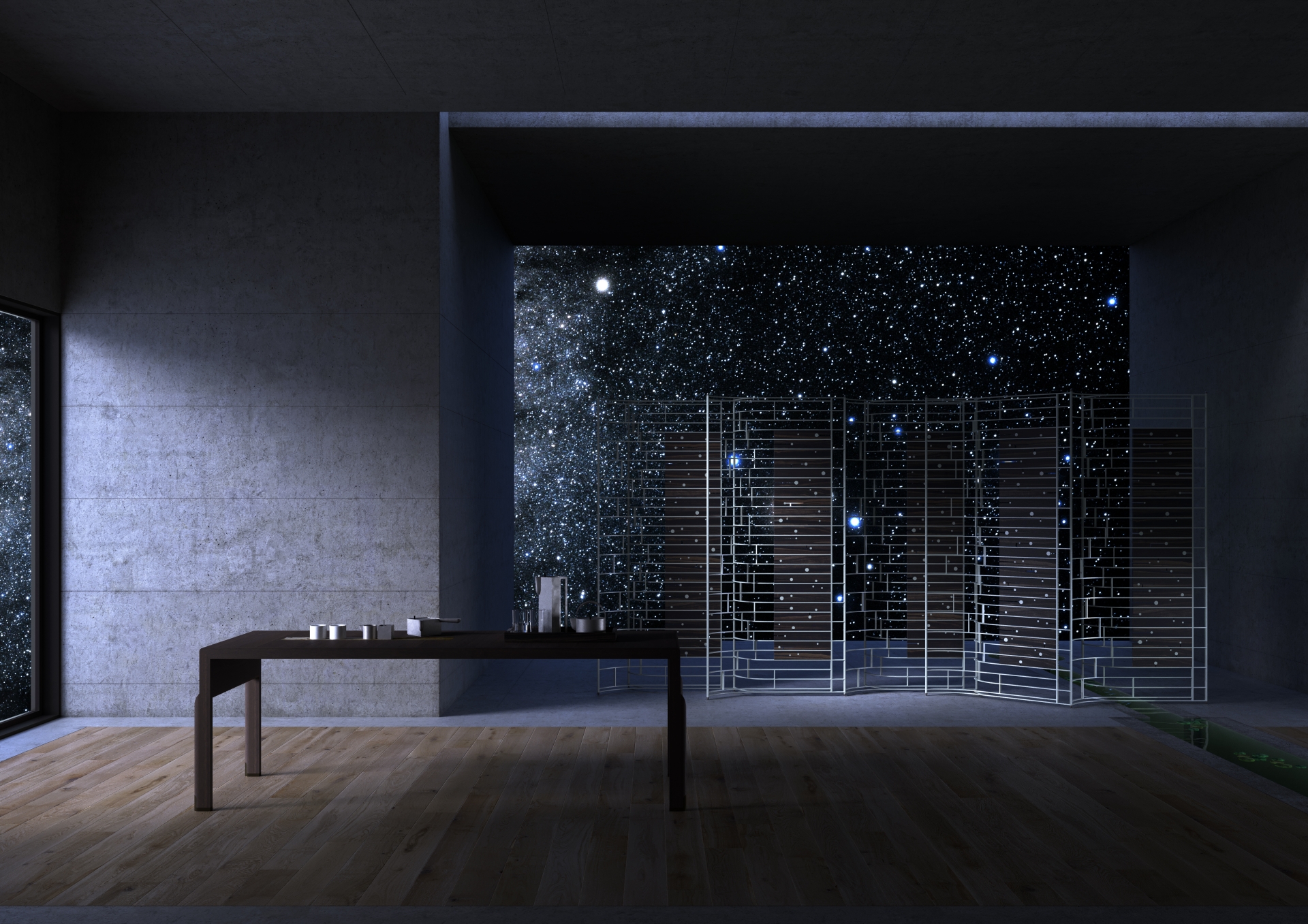
EL: I agree with you that is what we all aspire to attain, what we hope to achieve and that love is the greatest drive in life. But I beg to differ when you mention most of us can we can do what we enjoy. Many people are in their occupations to make a living rather than really love what they do. What we are necessarily good at may not necessarily give us the opportunity to shine. What advice do you have for the many of us who feel trapped or low on hope?
CWL: I don’t believe there’s a good job or bad job – it’s more your state of mind on how to work with it. As I mentioned, from the most insignificant work to something very mundane, the kind of responsibility it bears is what you give to yourself. Don’t think that if you are working 9-5, on this salary, it’s a balance. It’s never a balance and I’ll tell you why. If you don’t work to make something that justifies the salary from 9-5, it’s not a balance. On the other hand, if you really enjoy every moment, you find a beautiful life working 9-5, that’s also imbalanced because you feel like you deserve more but you didn’t get it. Of course we sometimes get angry because we are misunderstood, but instead, imagine every day of your life passes so beautifully and someone pays you for it to pass so beautifully?
So I never think I deserve more or less, I think a lot of it has to do with the way you conduct your life and your work in such a way it doesn’t feel like a burden. It’s a state of mind. It’s a level of contentment. Some people say, I can only be happy if…… it’s the goal that we set ourselves. Leonardo da Vinci once said, the poor is the one who has too much desire. That’s a very inward looking way at it and I don’t expect someone very young, without much life experience to understand this. You have to throw yourself out there, let the forces add on you and be able to feel the full spectrum.
Click here for Part II
